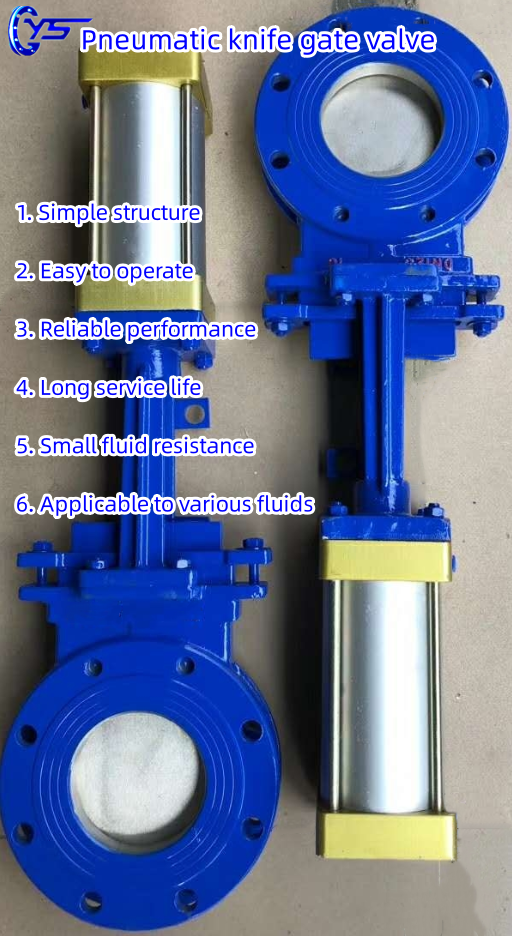cast iron ball valve
Understanding Cast Iron Ball Valves A Comprehensive Overview
Cast iron ball valves are essential components widely utilized in various industrial applications due to their durability, strength, and reliability. These valves serve as critical control devices that regulate the flow of liquids and gases within pipelines, ensuring efficient operation in systems ranging from water supply networks to oil and gas installations.
What is a Cast Iron Ball Valve?
A cast iron ball valve consists of a spherical ball that acts as the closure mechanism, located within a valve body constructed from cast iron. The valve operates by rotating the ball; when the hole in the ball is aligned with the pipe, the flow is allowed, whereas rotating the ball 90 degrees can effectively obstruct the flow. This straightforward mechanism provides a quick and efficient means of controlling fluid passage.
Advantages of Cast Iron Ball Valves
1. Durability Cast iron is renowned for its strength and durability. Valves made from this material can withstand extensive pressure and temperature variations, making them suitable for heavy-duty industrial applications.
2. Corrosion Resistance Cast iron is often treated with coatings to enhance its resistance to corrosion. This makes cast iron ball valves suitable for environments where exposure to harsh chemicals or moisture is common.
3. Versatility These valves can be designed to handle a wide range of fluids—liquids, gases, and slurries—making them versatile across various industries including water treatment, manufacturing, and oil and gas.
4. Low Maintenance Cast iron ball valves are designed for long-term use and typically require minimal maintenance. Their simple construction leads to fewer wear components, reducing the likelihood of failure.
cast iron ball valve

Applications of Cast Iron Ball Valves
Cast iron ball valves are commonly used in several areas, including
- Water Supply Systems They help control the flow of water in municipal supply lines and treatment plants. - Oil and Gas Industries Due to their ability to handle high-pressure environments, they are vital in transporting hydrocarbons safely. - Chemical Processing Their resistance to corrosive materials makes them invaluable in chemical plants for regulating the flow of various substances.
Maintenance and Considerations
While cast iron ball valves are built for longevity, regular inspection is crucial to ensure optimal performance. Users should check for signs of wear, especially in the sealing mechanisms, and ensure that the valves operate smoothly without excessive resistance. Additionally, it’s important to consider the operational environment; extreme temperatures and corrosive substances can affect the longevity of the valve if not adequately assessed during selection.
Conclusion
In summary, cast iron ball valves provide robust solutions for flow control in numerous industrial settings. Their durability, corrosion resistance, and low maintenance needs establish them as reliable components in modern piping systems. Understanding their functionalities and applications enables industries to choose the right type of valve for their specific requirements, ensuring operational efficiency and safety in fluid management. Whether in municipal water systems or complex chemical processing plants, cast iron ball valves play a pivotal role in facilitating effective and reliable fluid control.
-
Breakthrough in Domestic Low Temperature Valve Technology in ChinaNewsAug.18,2025
-
From Machinery to Intelligent Brain: The Digital Transformation Wave of the Valve IndustryNewsAug.18,2025
-
PCVEXPO 2025NewsAug.18,2025
-
The Key to Fluid Control: Exploring the Advantages of Ball Valves in Industrial SystemsNewsJul.09,2025
-
The Versatile World of 1, 2, and 3 Piece Ball ValvesNewsJul.09,2025
-
Stainless Steel Ball Valves: The Ideal Choice for Efficient Flow ControlNewsJul.09,2025
-
Optimizing Fluid Control with Ball Float ValvesNewsJul.09,2025




